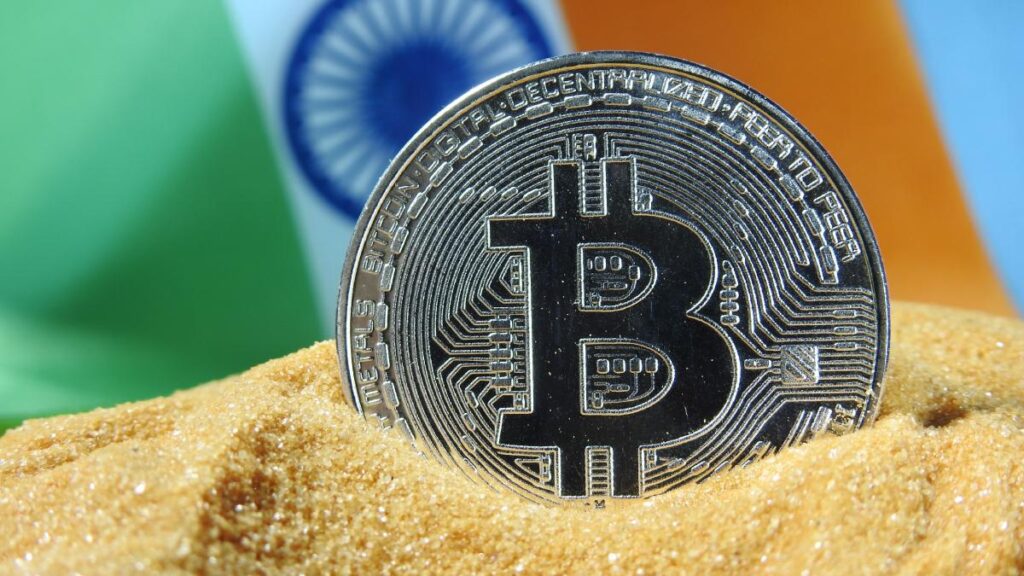India’s independent Web3 advisory body, the Bharat Web3 Association (BWA), has prepared a message for Nirmala Sitharaman, who returned this month as the nation’s finance minister for a second term. In his message shared with Gadgets360, BWA said that India needs a level playing field for Web3 startups and companies to thrive. Currently, India is in the process of introducing regulations to oversee the Web3 sector. The aim is to ensure that India’s crypto circuit is protected from the financial risks that volatile digital assets could expose them to.
Web3 needs government support, says BWA
The BWA, which has a total of 36 members from the Indian crypto industry, is working with lawmakers to help draft appropriate rules and regulations to govern the digital asset sector without hampering its growth.
Now that Sitharaman is back and expected to present the finalized Union Budget 2024 in the coming days, BWA has decided to turn its attention to the needs of the Web3 sector.
“The Web3 sector has enormous potential to revolutionize multiple sectors, including finance, governance and supply chain management, while also increasing transparency and efficiency. In view of this, we suggest the government to develop a clear regulatory framework for Web3, support virtual digital asset (VDA) providers in their customer-centricity and rationalize the tax framework for the digital asset sector,” said Dilip Chenoy, president of BWA in his statement.
BWA said it is of great importance that Web3 services gain access to the provision of banking services. The advisory body further urged the government to encourage investment and growth in the Web3 sector. BWA and its members are concerned that if India delays creating a lucrative ecosystem for Web3 growth, it may miss out on profitable and technical opportunities like it did in the Web2 era.
India’s current position on Web3
Between 2022 and 2024, India has made some important decisions on Web3 regulations. Starting July 2021, India has brought crypto gains under the tax regime. In India, crypto income is taxed at 30 percent, while one percent TDS is deducted on every crypto transaction. The country has placed the crypto sector under the Anti-Money Laundering Act, which requires all providers of virtual digital assets to collect KYC data from their customers and report any identified suspicious activity to the relevant authorities.
During December 2022 and 2023, India held the presidency of the G20 group of nations. As part of its chairmanship, India has been working with the International Monetary Fund (IMF) and the Financial Stability Board (FSB) to draft cryptocurrency regulations that would work uniformly globally.
Despite India’s gradual approach in wholeheartedly embracing the Web3 sector as part of its financial and industrial ecosystem, the country has shown significant growth in blockchain adoption in 2023, according to a report published by Hashed Emergent, an India-focused Web3 venture capital firm.
From three percent in 2018, India’s global share of the blockchain developer pool grew significantly to 12 percent last year, the report said. The country has also reportedly claimed the top spot for on-chain adoption in 2023 in more than 150 countries, reflecting more than 35 million trading accounts on India’s top exchanges. The report predicts that India has a promising future in terms of establishing itself as a leader and early adopter of Web3 technologies, especially due to its large number of developers.
While the crypto circle in India hopes that Sitharaman will reduce taxes on crypto, the finance minister has so far not heeded the sector’s calls.


